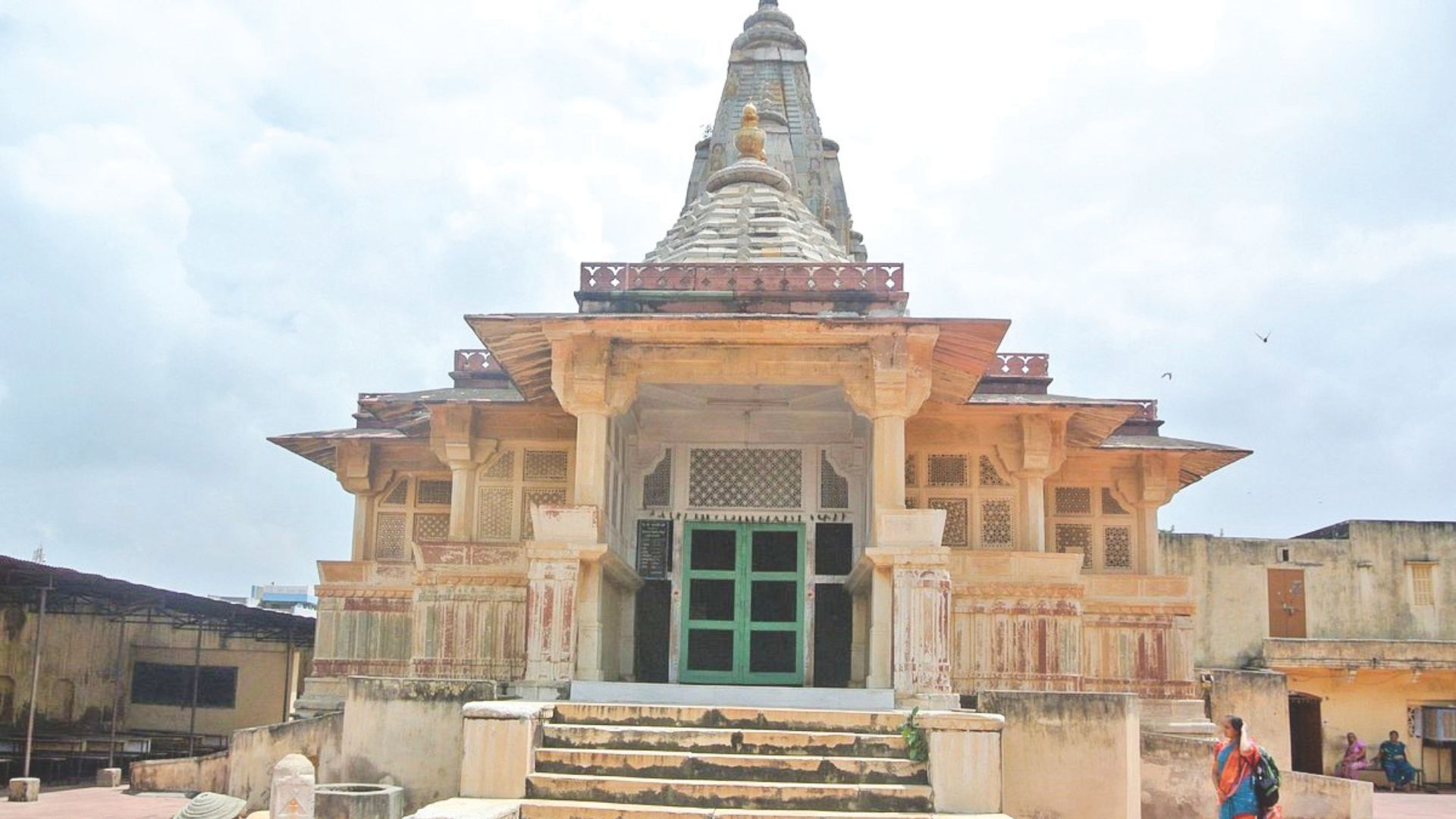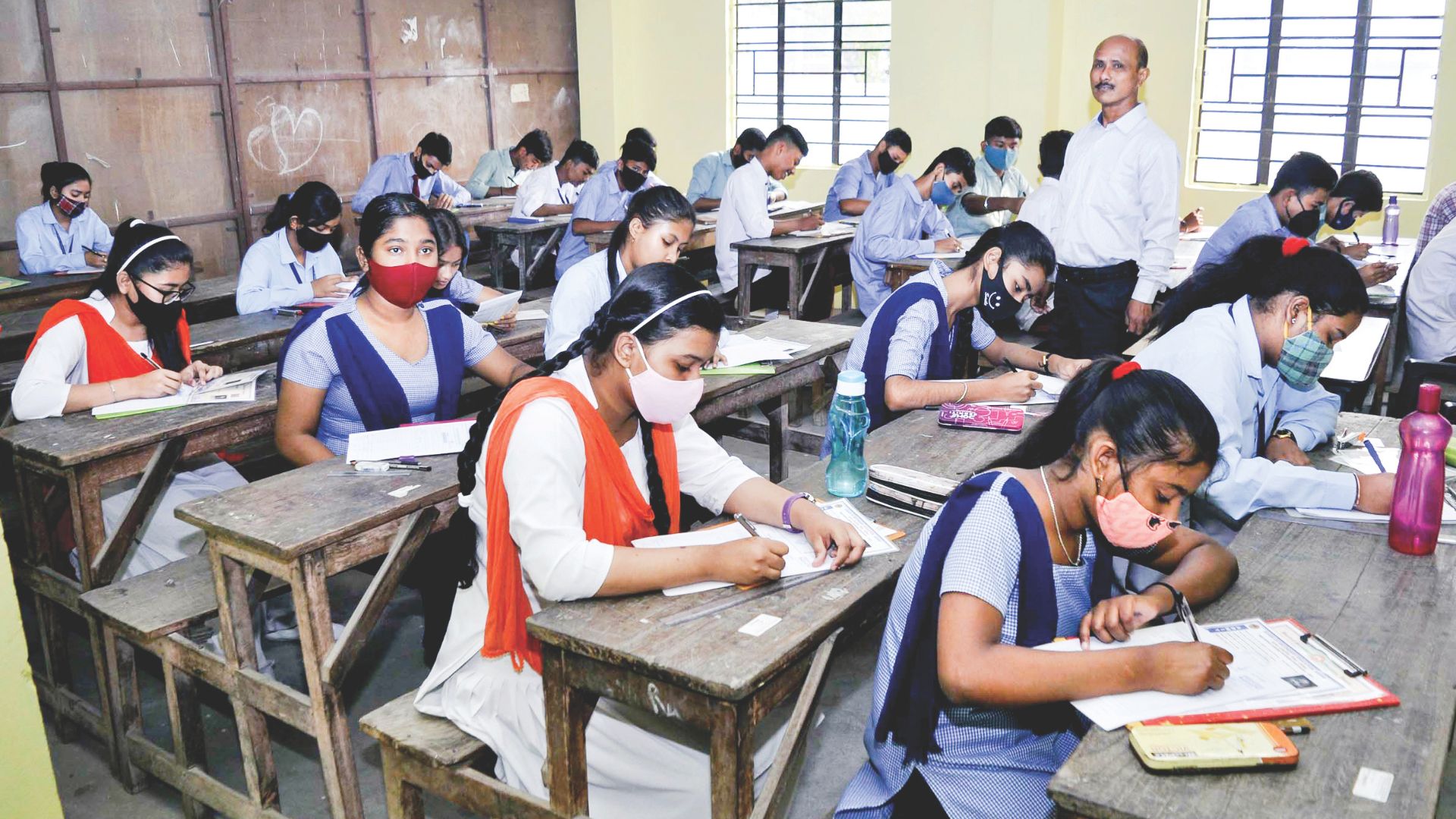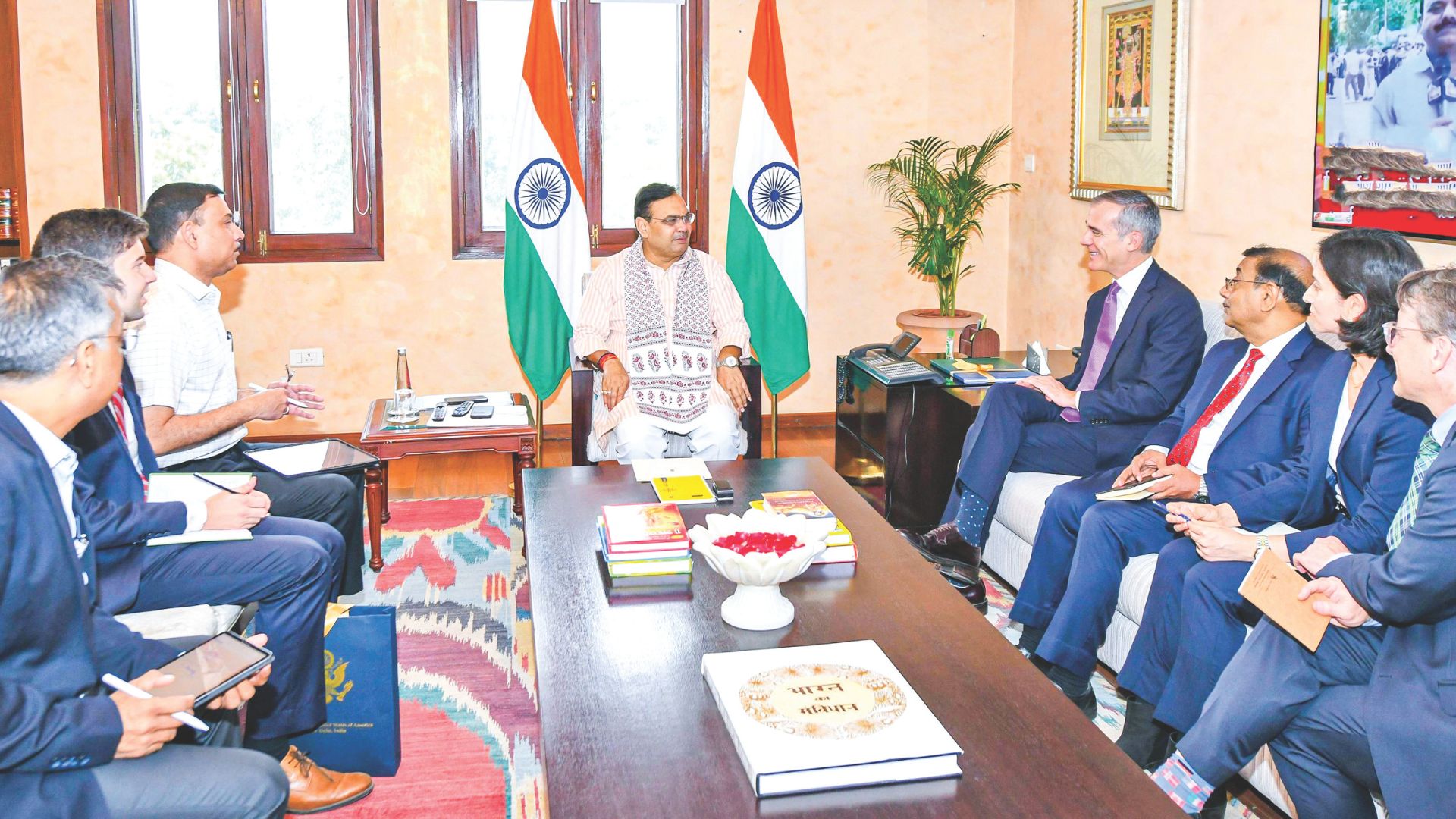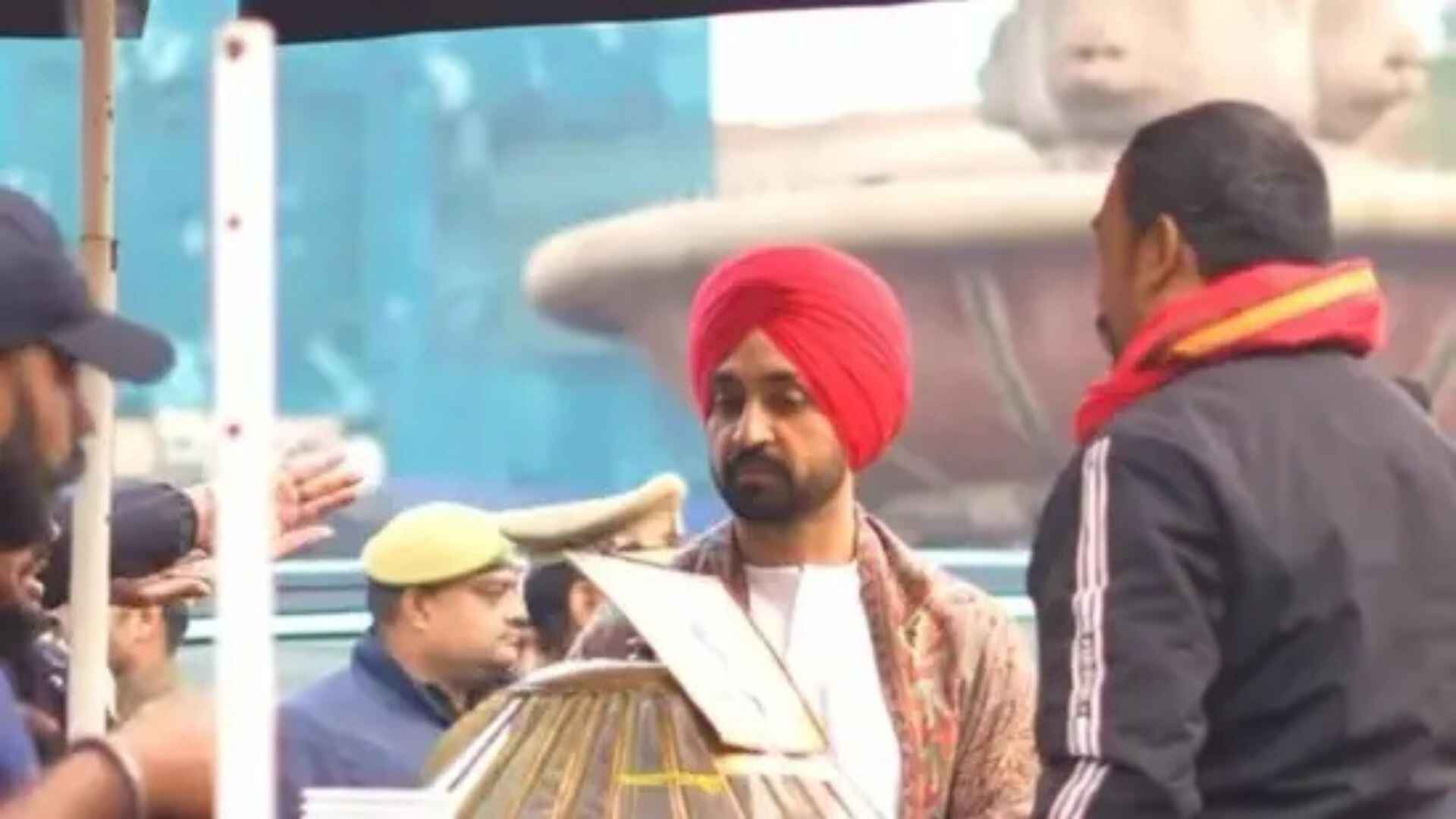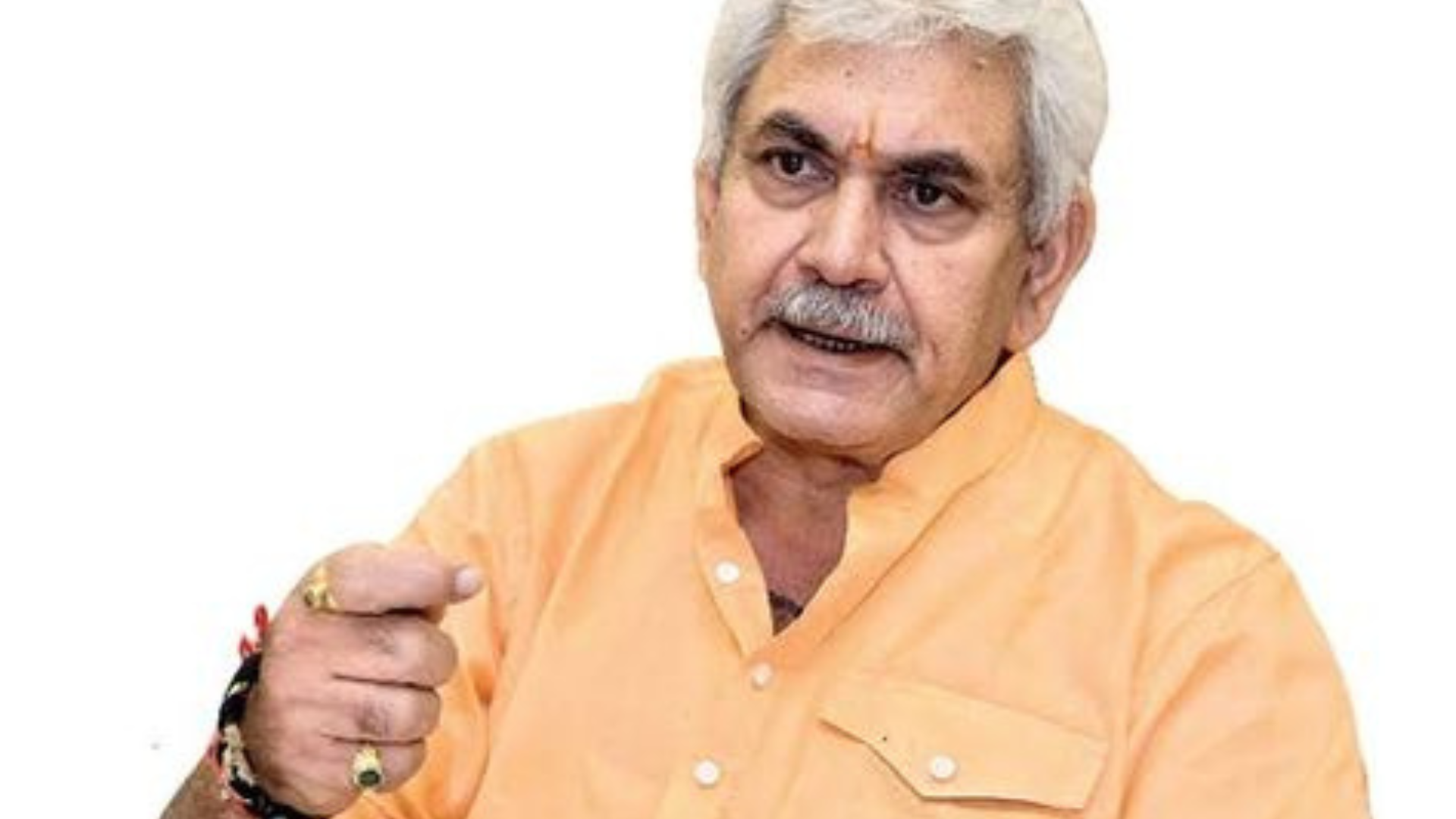
In J&K, the Centre has greatly enhanced the lieutenant governor’s power, enabling him to decide on important issues like police and all-India services officers, and granting sanctions for prosecution in various cases. This move has been met with strong opposition, which views it as a step towards “disempowering” the people of Jammu and Kashmir.
The Union Home Ministry amended the transaction rules framed under the Jammu and Kashmir Reorganisation Act, 2019, which was enacted alongside the abrogation of Article 370. This Act bifurcated the erstwhile state into two Union Territories J&K, and Ladakh.
Official sources stated that the amendments to the transaction rules provide better clarity on the processes to enable the smooth administration of the Union Territory. They emphasized that the notification does not alter the balance of powers as enshrined in the J&K Reorganisation Act, 2019. With these amendments, the powers of the legislative assembly and the functions of the lieutenant governor have been clearly defined and delineated in the Act, reflecting in the transaction of business rules.
Previously, proposals concerning police, public order, all-India services, and the Anti-Corruption Bureau required approval from the finance department of J&K before reaching the lieutenant governor. Under the revised rules, such proposals must now be presented directly to the lieutenant governor through the chief secretary of the Union Territory.
The lieutenant governor’s authority now extends to the appointment of the advocate general and other law officers, roles previously decided upon by the government but now requiring the lieutenant governor’s approval. The Centre’s decision has drawn criticism from several political parties in Jammu and Kashmir, who view it as an attempt to undermine the power of an elected government.
The Supreme Court has mandated that assembly elections be held by September 30, 2024, and that Jammu and Kashmir be returned to statehood “as soon as possible.” Numerous political parties announced their dissatisfaction of the Center’s decision on Saturday. The National Conference (NC) and the People’s Democratic Party (PDP) labeled the decision as a step towards “disempowering” the people of Jammu and Kashmir, while the Congress condemned it as a “murder of democracy.” The Apni Party called for a unified protest against the decision.
After the Centre moves, the lieutenant governor will also be in charge of making decisions about filing appeals and sanctioning prosecutions. The lieutenant governor will also be directly in charge of issues pertaining to prisons, the directorate of prosecution, and the forensic science laboratory.
“No proposal which requires previous concurrence of the Finance Department with regard to ‘Police,’ ‘Public Order,’ ‘All India Service,’ and ‘Anti-Corruption Bureau’ to exercise the discretion of the Lieutenant Governorunder the Act shall be approved or denied unless the chief secretary brings it before the lieutenant governor first,” the Union Home Ministry notification said. The lieutenant governor now has more authority in concerns of bureaucracy. His office would handle requests for the posting and transfer of administrative secretaries as well as requests pertaining to IAS and IPS officers. NC Vice-President Omar Abdullah expressed worries about the consequences of having a chief minister who would be “powerless and rubber stamp” and require the lieutenant governor’s approval in response to this directive.
Congress General Secretary Jairam Ramesh suggested that the increased powers given to the Jammu and Kashmir lieutenant governor indicated a dim outlook for the restoration of full-fledged statehood in the near future. PDP Chief Mehbooba Mufti’s daughter and media adviser, Iltija Mufti, highlighted the perceived agenda behind the decision, suggesting it aimed to limit the powers of any future elected government in the region.
At line with the idea that democracy is at danger, Jammu and Kashmir Congress President Vikar Rasool Wani called the action a “murder of democracy” that will obstruct the restoration of true statehood. In opposition to the Centre’s decision, Apni Party Chief Altaf Bukhari urged political parties to stand united and cautioned against the formation of a “powerless assembly” that would reduce the efficacy of elected officials in advancing the interests of the area. M Y Tarigami, a senior leader of CPI(M), called the revisions “another brazen assault on the remaining nominal rights,” effectively “downsizing” a historic state to only the level of a larger municipality.
According to the sections 32 of the Act, the legislative assembly may make laws concerning any of the matters enumerated in the State List except “Police” and “Public Order” or the Concurrent List in the Seventh Schedule to the Constitution of India. According to section 53 of the Act, the lieutenant governor shall exercise his functions in his discretion in matters that fall outside the purview of powers conferred on the legislative assembly, related to all-India services and the Anti-Corruption Bureau, and any other matter which he is required by or under any law to act in its discretion.
The Centre’s latest move to grant additional powers to the lieutenant governor in J&K has sparked significant debate and opposition, with many calling for a clearer path towards the restoration of full statehood and a more empowered elected government for the region.


